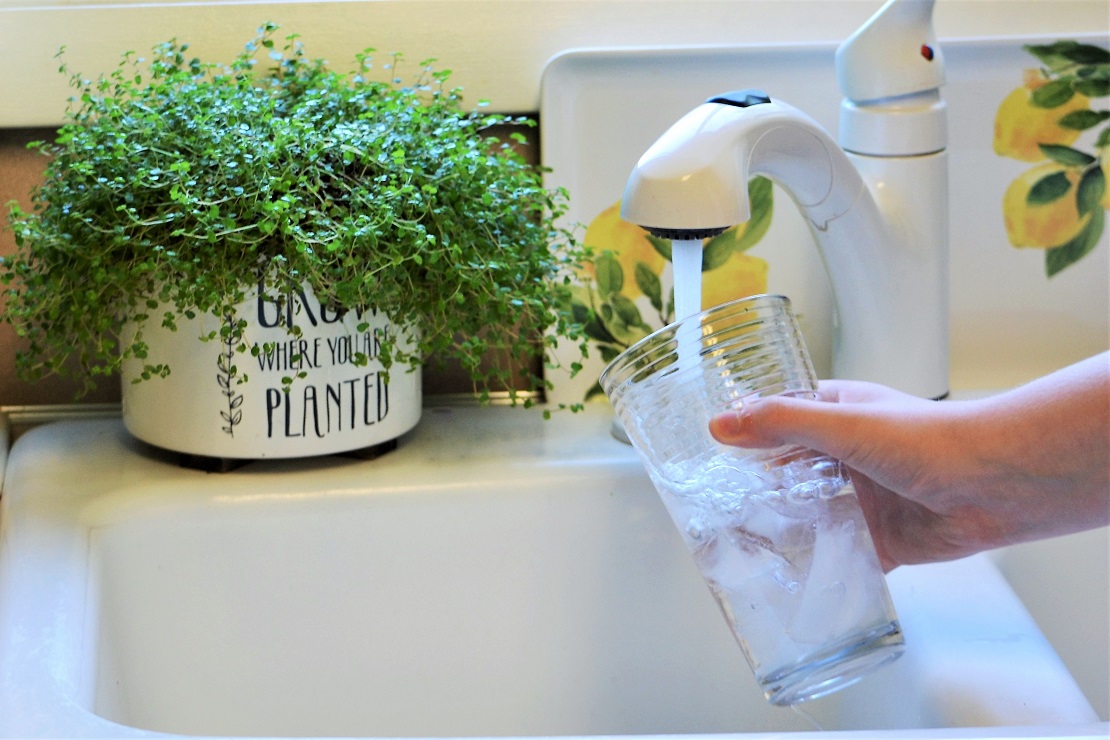Water Affordability: A Roadblock to Building Generational Wealth

Taleia Becton Nelson was born and raised in Grand Crossing, a neighborhood on the south side of Chicago. Today, many people in Taleia’s family still live on the same block where she spent time growing up. Taleia is the first of her family to go to college, and now lives in a nearby neighborhood with her children.
When Taleia’s great grandmother passed away in 2016, her house was granted to the family through a trust. Taleia saw the house as a family heirloom and a way to stay close to her family, and she looked into the details to see what she could do to buy it.
Upon looking into the house, Taleia found that it had an outstanding balance with the water utility of over $10,000. Because the house did not have a water meter, the water utility continued to charge for water use every month in the years that the house was vacant after Taleia’s great grandmother passed away. For unmetered homes, the utility is not able to identify how much water is actually being used, so they charge for the estimated monthly usage. Because no one was paying these monthly charges, late fees and penalties were added which caused the balance to grow.
“The water utility never investigated why the bill wasn’t being paid. Shouldn’t they have done a wellness check or something?”
Taleia consistently reached out to the water utility to see what her options were, but she was not given clear answers and was transferred to different departments. Because Taleia doesn’t currently own the home, some assistance options aren’t available to her like the city’s Utility Billing Relief (UBR) program, which can help water customers pay off large outstanding debts.
“Now I want to be an advocate for other people because I’m sure there are other people in situations like this too. Being the first generation to go to college, I know that some people have access to resources and knowledge that others don’t. The City should tell people what to do in these scenarios, because how else was I supposed to know what to do?”
KEY TAKEAWAY: The City requires a full water payment certificate for properties to be sold or otherwise conveyed, and the lack of ownership prevents Taleia from taking advantage of existing affordability programs, like the UBR program. For Taleia and others in similar situations, administrative challenges like these prevent the accumulation of generational wealth, especially for families that cannot afford to pay off water debt.
“This is an opportunity to keep the home in the family. My grandfather put so much work into this house, and I want to have this space for me and my children. But a $10,000 water bill? I feel like the City didn’t do their due diligence to my family.”
Want to Learn More?
Elevate works with municipalities and water utilities to research water affordability challenges and explore strategies for tackling the challenges in those communities. Visit ElevateNP.org/Water-Affordability to learn more about our latest research.
Stay Connected
Join our email list for news and updates.
